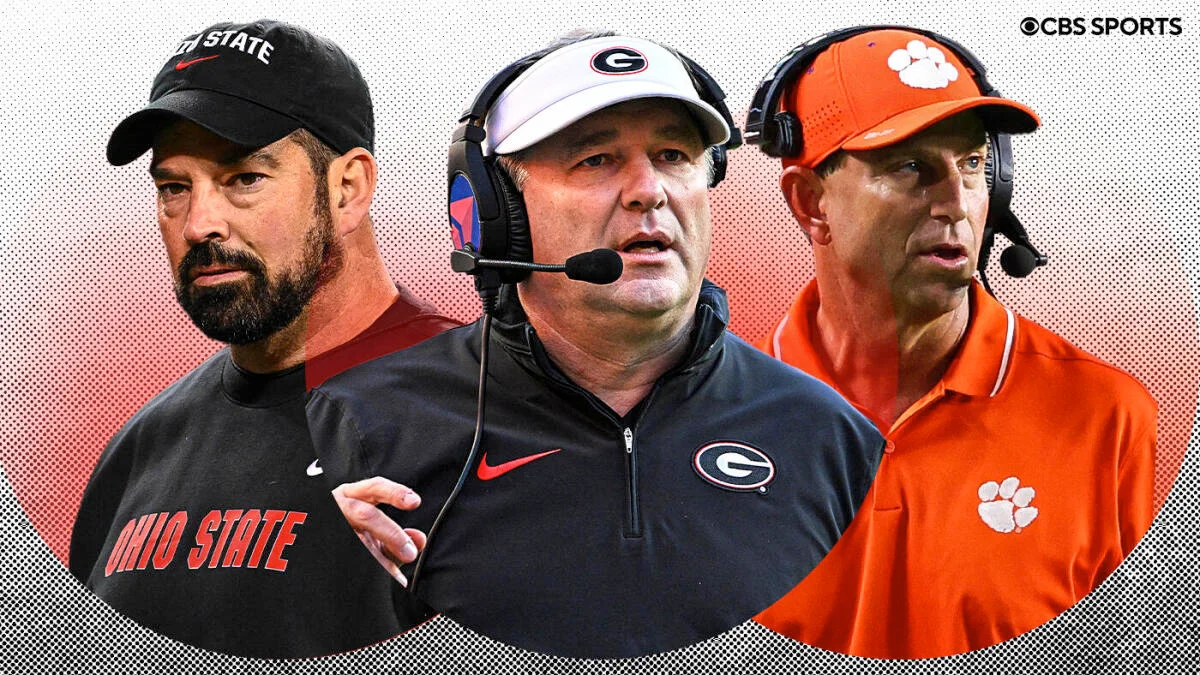As the Chicago Bears look to build upon Caleb Williams’ promising rookie season, they would do well to consider the career of Derek Carr, whose recent retirement offers valuable lessons for developing a franchise quarterback.
Williams, the first overall pick in the 2024 NFL Draft, demonstrated resilience and talent in his debut season. He amassed 3,541 passing yards, 20 touchdowns, and only six interceptions, setting multiple franchise rookie records. Notably, he achieved a streak of 354 consecutive passes without an interception, the longest by a rookie in NFL history. Despite these accomplishments, Williams faced challenges, including being sacked 68 times—the third-highest single-season total in league history—highlighting issues with the Bears’ offensive line and protection schemes.
Derek Carr’s 11-season NFL career, primarily with the Oakland/Las Vegas Raiders and later the New Orleans Saints, mirrors some of the obstacles Williams encountered. Carr retired due to significant degenerative changes in his right shoulder, concluding a career with 41,245 passing yards, 257 touchdowns, and four Pro Bowl selections.
Carr’s early years were marked by frequent changes in coaching staff and offensive coordinators, which impeded his development. It wasn’t until he experienced continuity in coaching that his performance stabilized. This underscores the importance of a stable coaching environment for a young quarterback’s growth.
Moreover, Carr’s career highlights the necessity of a robust offensive line. Throughout his tenure, he often played behind subpar protection, leading to increased pressure and injuries. Williams’ experience in his rookie season parallels this, emphasizing the need for the Bears to invest in their offensive line to safeguard their quarterback and enhance offensive efficiency.
Another lesson from Carr’s career is the value of a strong supporting cast. Carr’s performance improved notably when paired with elite receivers like Davante Adams. For Williams, developing chemistry with receivers such as DJ Moore and Rome Odunze will be crucial. Additionally, fostering a balanced offense that doesn’t over-rely on Williams’ playmaking abilities will aid in his development and longevity.
Carr’s journey also illustrates the importance of mental fortitude. Despite numerous setbacks, he maintained professionalism and leadership, qualities that Williams has begun to exhibit. Maintaining this mindset will be vital as Williams navigates the pressures of leading an NFL franchise.
In conclusion, Derek Carr’s career offers a blueprint for the Bears and Caleb Williams. By prioritizing coaching stability, strengthening the offensive line, building a competent supporting cast, and fostering mental resilience, the Bears can create an environment conducive to Williams’ success. Learning from Carr’s experiences can help Chicago maximize their investment in their young quarterback and set the stage for sustained competitiveness.



